Why we need to talk about Brittney Griner
March 24, 2022
Brittney Griner is a force on the basketball court. She’s a 6-foot-9 powerhouse center who dunks, dodges and steps through defenders for a layup. In games, her positioning is incredible. She’s often the tallest person on the court, but finds a way to move into the gaps for a perfect jump shot or layup opportunity. Griner stars for the Phoenix Mercury in the Women’s National Basketball Association (WNBA), UMMC Ekaterinburg in Russia and the U.S. Women’s National Basketball Team.
Griner is a legendary basketball player. She is the only men’s or women’s player, in the National Collegiate Athletic Association (NCAA) to tally both 2,000 points and 500 blocks. She has been an integral part of teams that won an NCAA championship, WNBA championship, Euroleague title and two Olympic gold medals. Griner has made several all-star teams and in the 2013-2014 season was named defensive player of the postseason. In 2013, she was the first overall pick in the WNBA draft. She came out as a lesbian shortly after being drafted, then became the first queer athlete signed to represent Nike. At 31, Griner is in the middle of her prime, but she is not playing.
She is being held in a Russian jail for allegedly having vape cartridges with hashish oil in her luggage at an airport near Moscow. Griner has been imprisoned since February, but the exact date is unknown. When news first broke of her detention, in early March, several politicians and prominent athletes spoke out. The WNBA issued a statement of support for Griner. Her wife Cherelle Griner, posted on Instagram after the news broke.
“Thank you to everyone who has reached out to me regarding my wife’s safe return from Russia … I understand that many of you have grown to love BG over the years and have concerns and want details,” Cherelle Griner wrote on March 5. “Please honor our privacy as we continue to work on getting my wife home safely.”
Since early March, coverage has declined in mainstream media. Partly, this is due to the U.S. government asking her loved ones to stay quiet in hopes their backchannels may free Griner. Given the situation in Russia, though, it is unlikely silence will help free her.
“Unfortunately, we see people telling themselves: ‘This is all just a big mistake that’s going to blow over in a few days.’” American Iranian journalist Jason Rezaian, who was detained in Tehran for 544 days in 2014, told CNN. “Suppressing her detention isn’t doing her any favors, these things don’t magically resolve themselves.”
An equally important part of the silence centers on Griner’s identity as a Black, queer athlete. Dave Zirin ’96 argued in The Nation that Griner’s identity has “earned her nothing but silence” from the GOP. He says they should be touting the Biden administration’s failure to negotiate her release from Russia. Instead, silence.
“[It’s the] exact inverse of the ‘missing-white-woman syndrome,’” Syracuse University journalism professor Aileen Gallagher told NPR.
Missing white-woman syndrome refers to the nonstop news coverage that occurs when a white woman disappears, like last summer’s media maelstrom after the disappearance of Gabby Petito. For women of color, this is often not the case. The Missing and Murdered Indigenous Women and Girls movement, for example, works to raise awareness about the lack of response from media and law enforcement when Indigenous women disappear. Similarly, with Griner, the story all but died out in a few days.
“We cannot ignore the fact that if Brittney Griner wasn’t a Black woman, it would be plastered across the news that she is being held as a political prisoner in Russia,” U.S. Representative Cori Bush (D-Mo.) wrote in a tweet.
Through social media, fans and politicians like Bush pushed Griner’s story. WNBA fans started an online petition to “secure Brittney Griner’s safe and swift return to the U.S.,” which garnered 75,000 signatures. Former secretary of state Hillary Clinton even tweeted “Free Brittney.”
Some sports journalists also made comparisons between the coverage of white male athletes — such as Tom Brady’s changing retirement status — and the lack of news about Griner.
“If this was an NBA player of her calibre… this would be on the cover of not only every sports page but every news media page in the world,” Tamryn Spurill, a sports journalist writing a book about the WNBA, said to the BBC.
Griner, in spite of public and private efforts, remains detained. Her detention will last until at least May 19, barring any major developments. The Russian legal system, notoriously rigged against U.S. prisoners, could further postpone her trial, convict her of the dubious charges or levy more accusations against her.
The silence around Griner — one of the best basketball players ever — is frustrating, disturbing and disappointing. It’s demonstrative of the institutional racism, sexism and homophobia of major news outlets in America and of the unequal treatment of men’s and women’s sports in the media.
We need to pay attention to Brittney Griner, demand transparency around efforts to secure her release and support her when she returns. Free Brittney Griner.

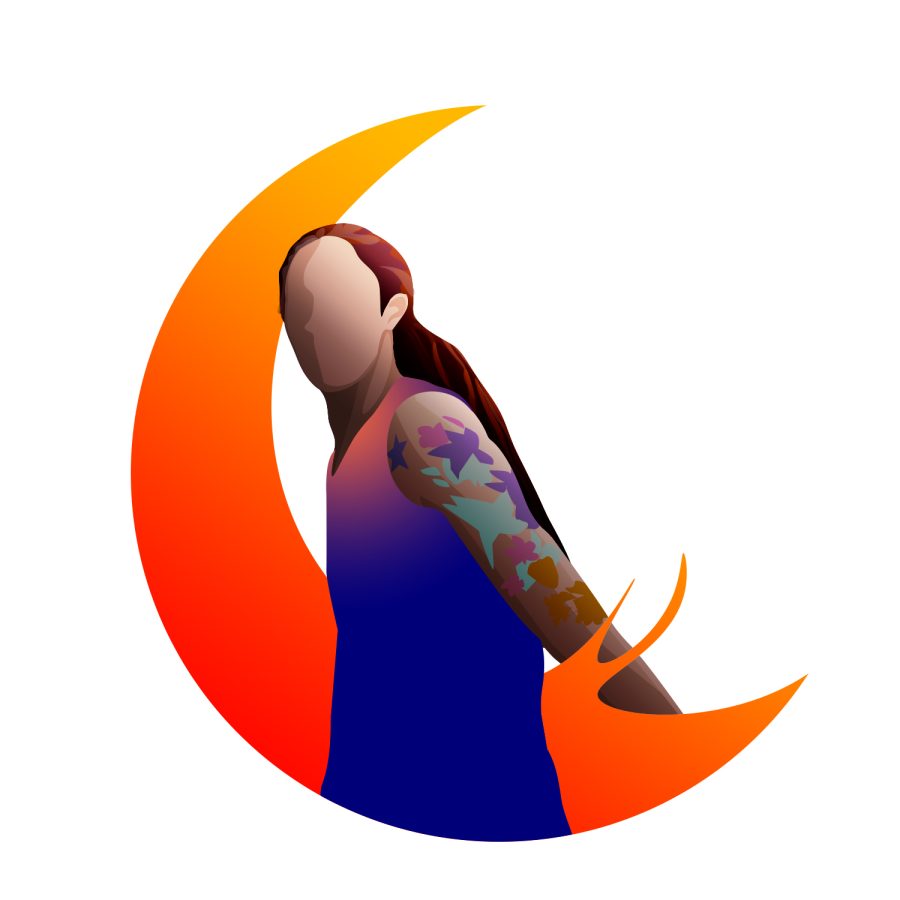
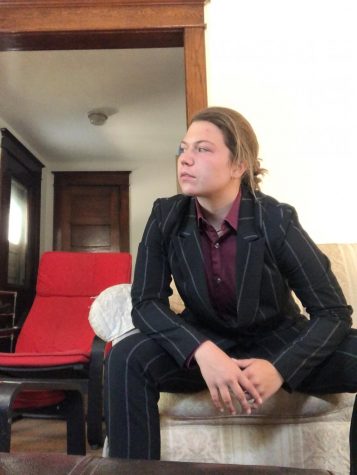
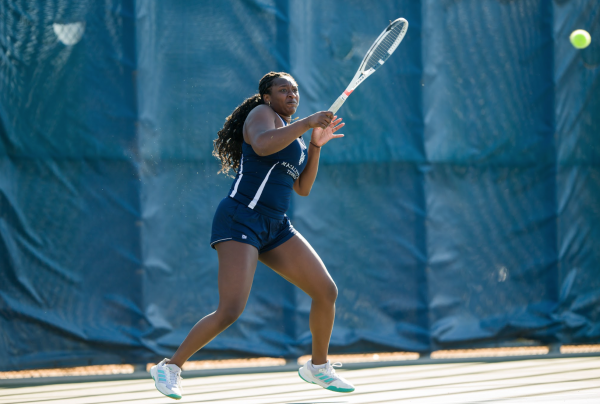


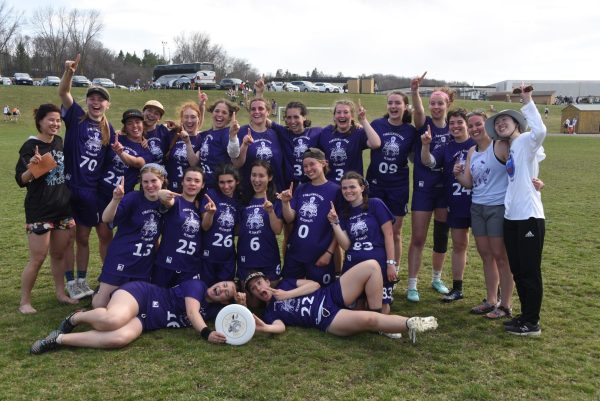



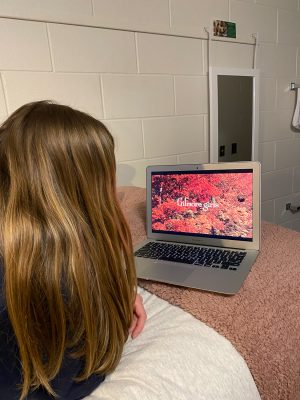

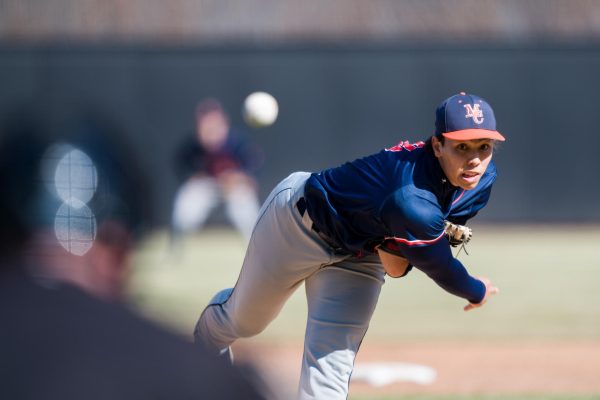
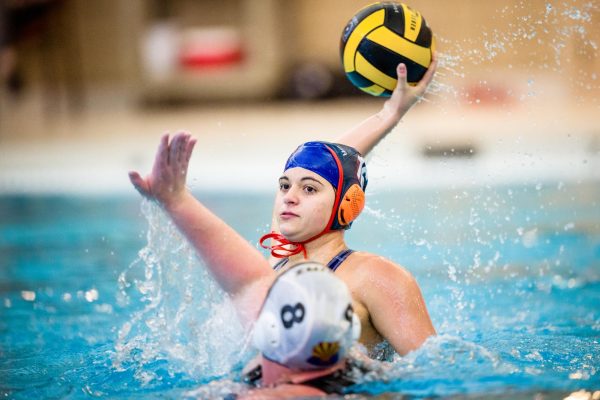

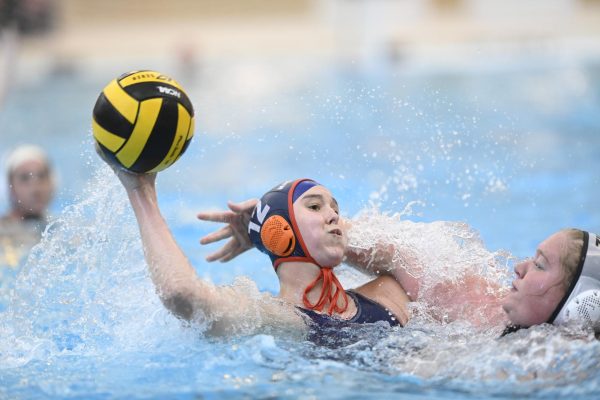
David Mesa • Mar 25, 2022 at 8:04 am
She broke the law in an foreign country, nobody is going to risk an international incident with Russia while Russia is in the middle of kicking off WW3.
That these progressive goofs are really outraged about is that their black privilege card isn’t accepted outside of the western Europe and the United States.
Holding black people accountable for their actions is a foreign concept, no pun intended, to the radical left like Cori Bush.